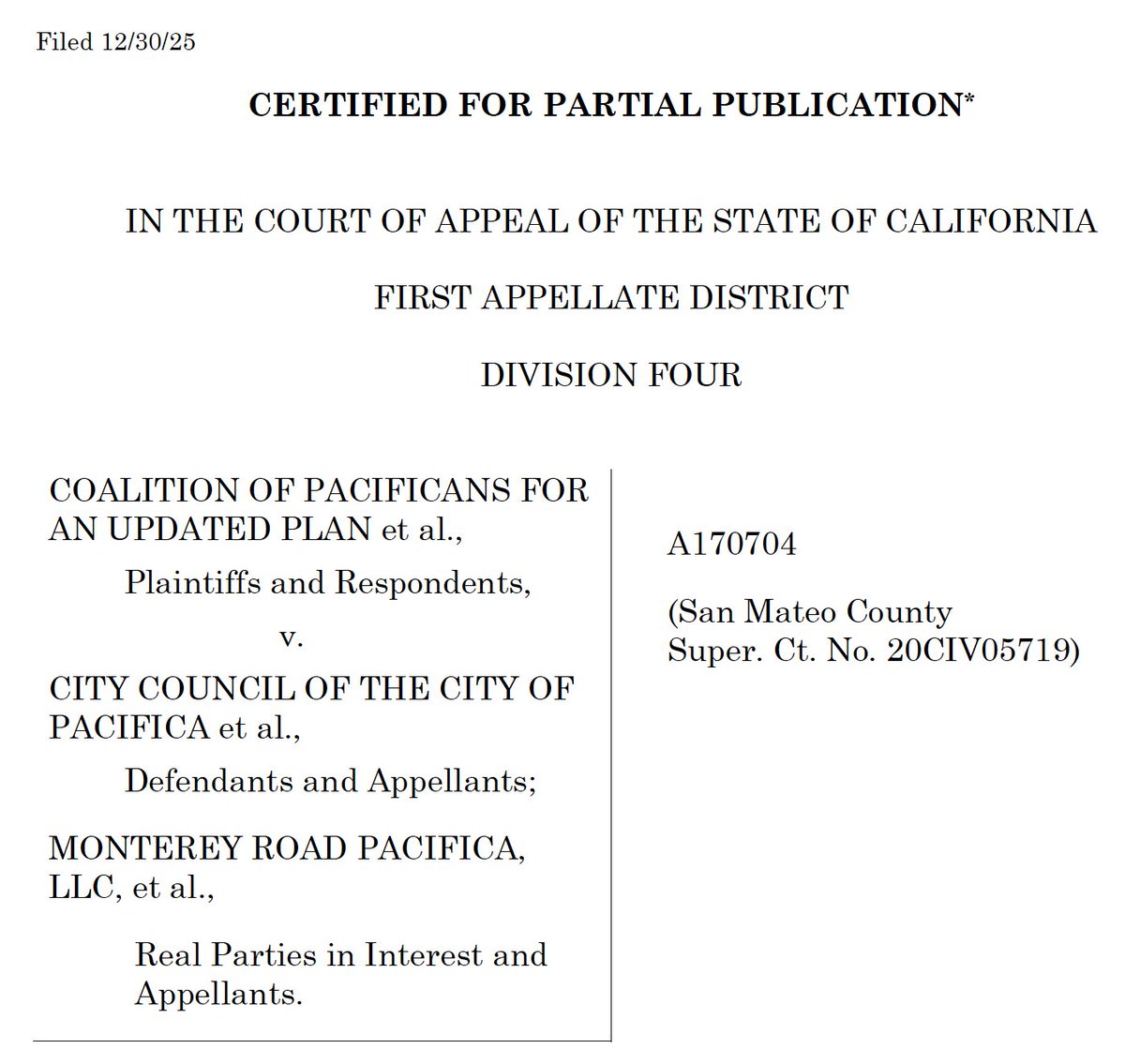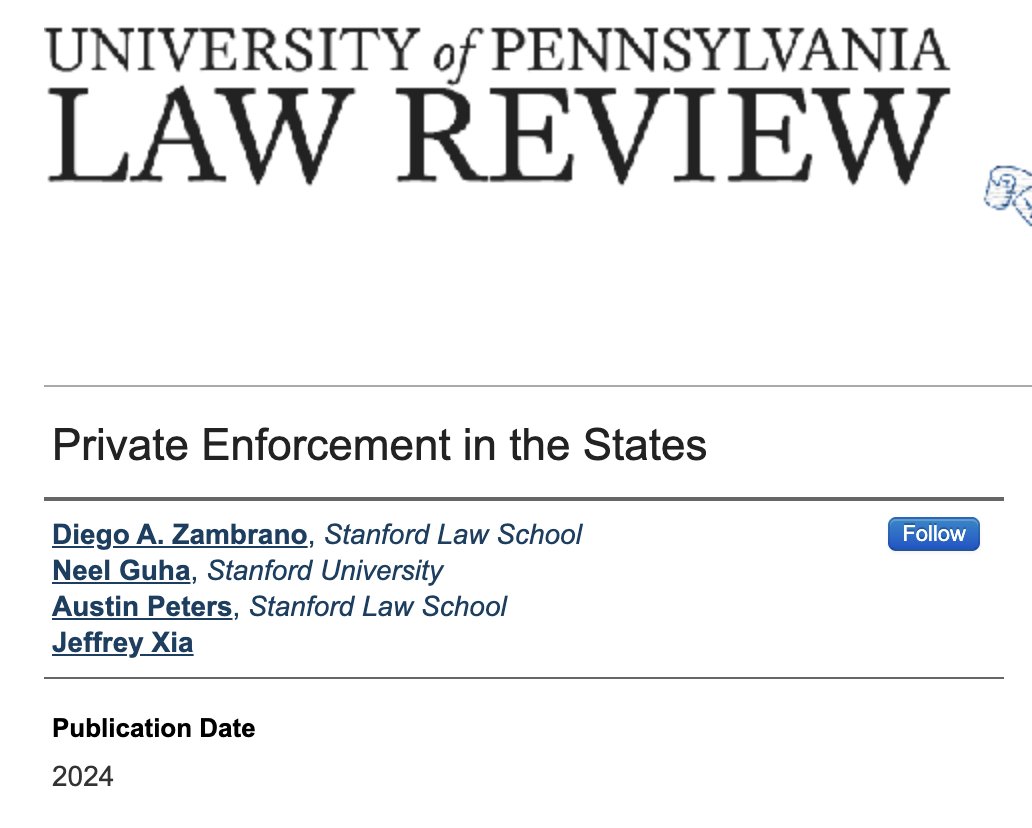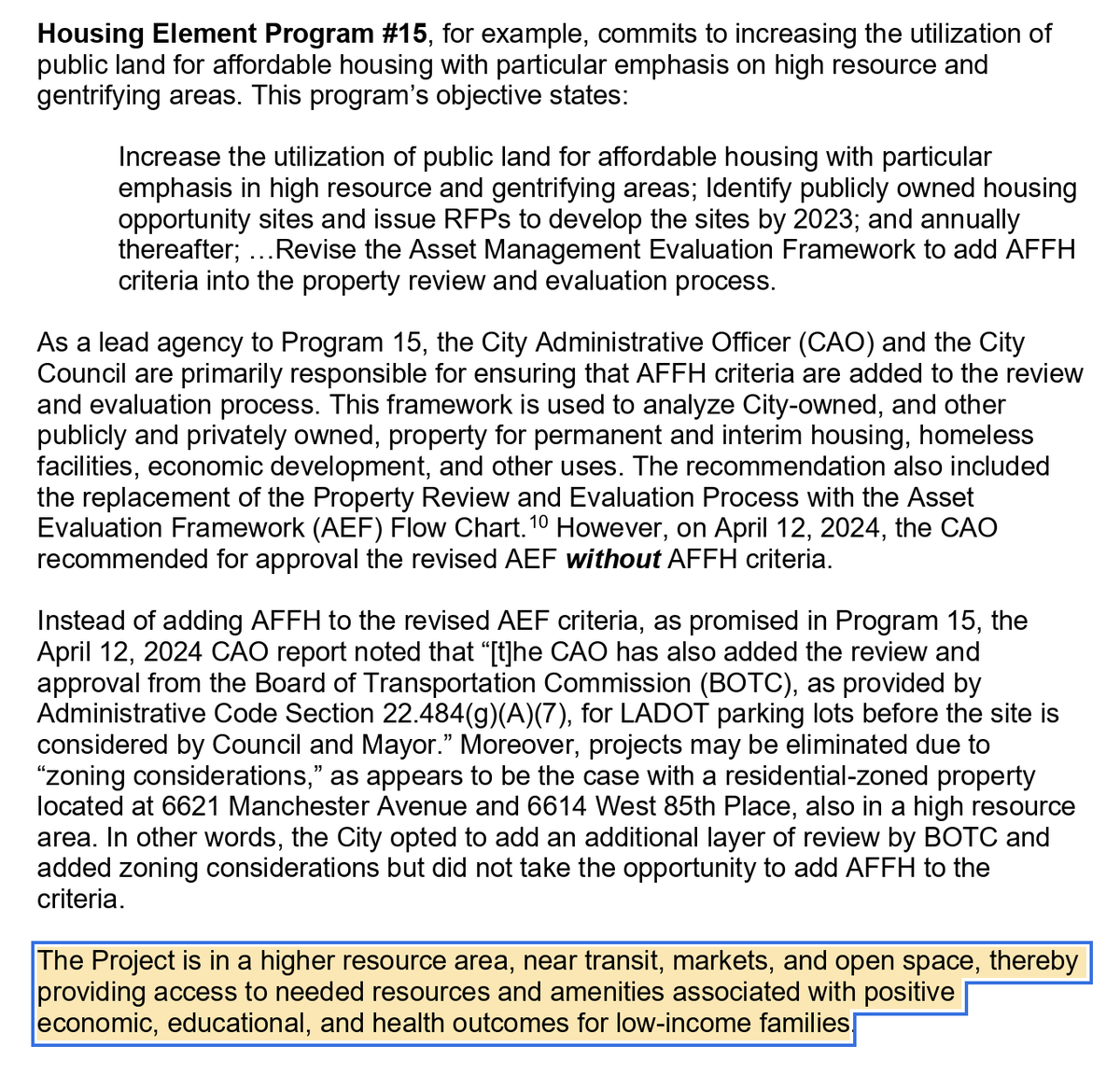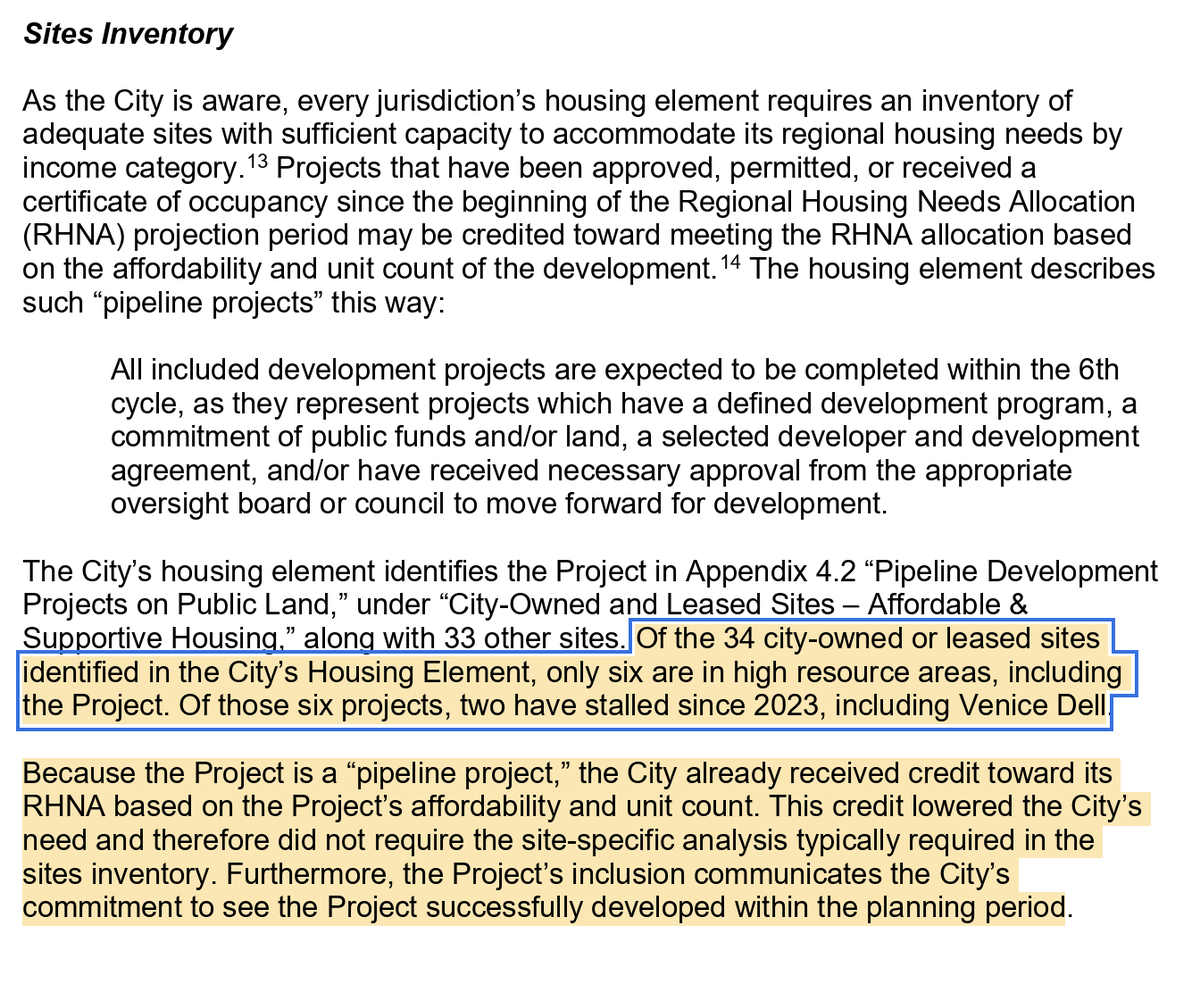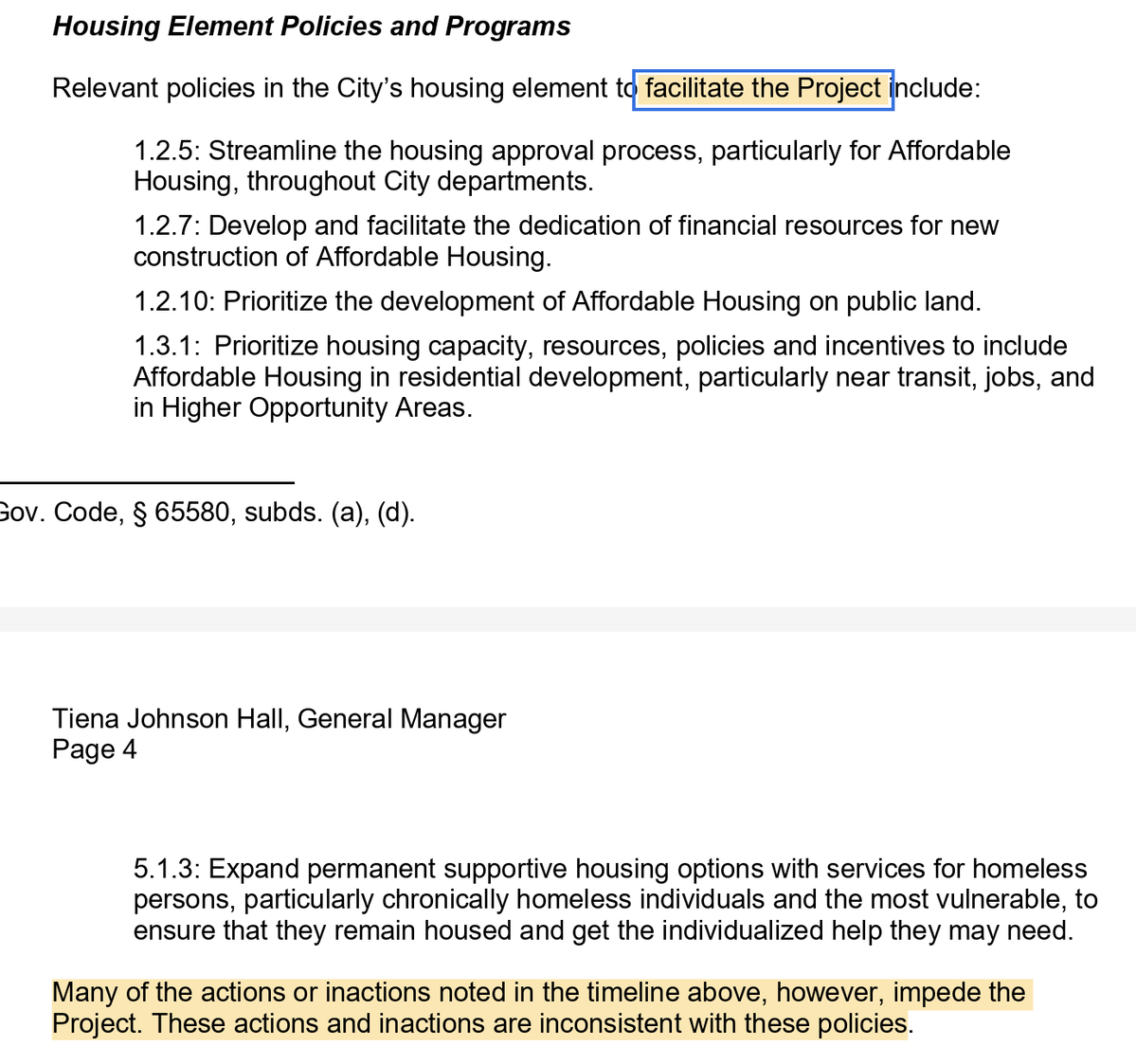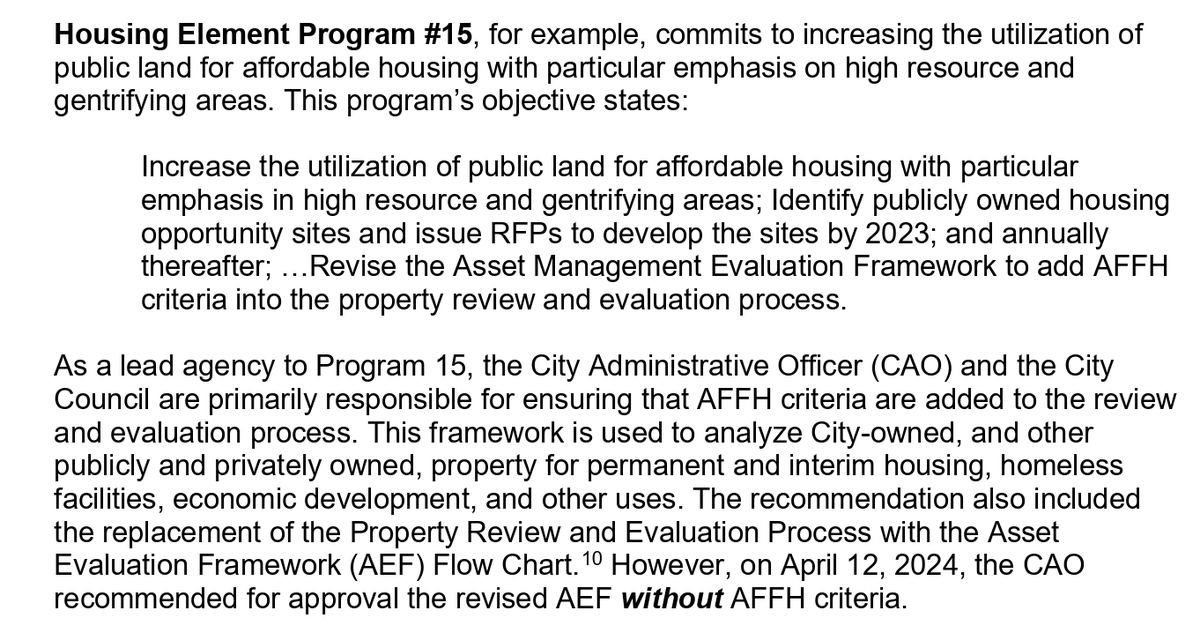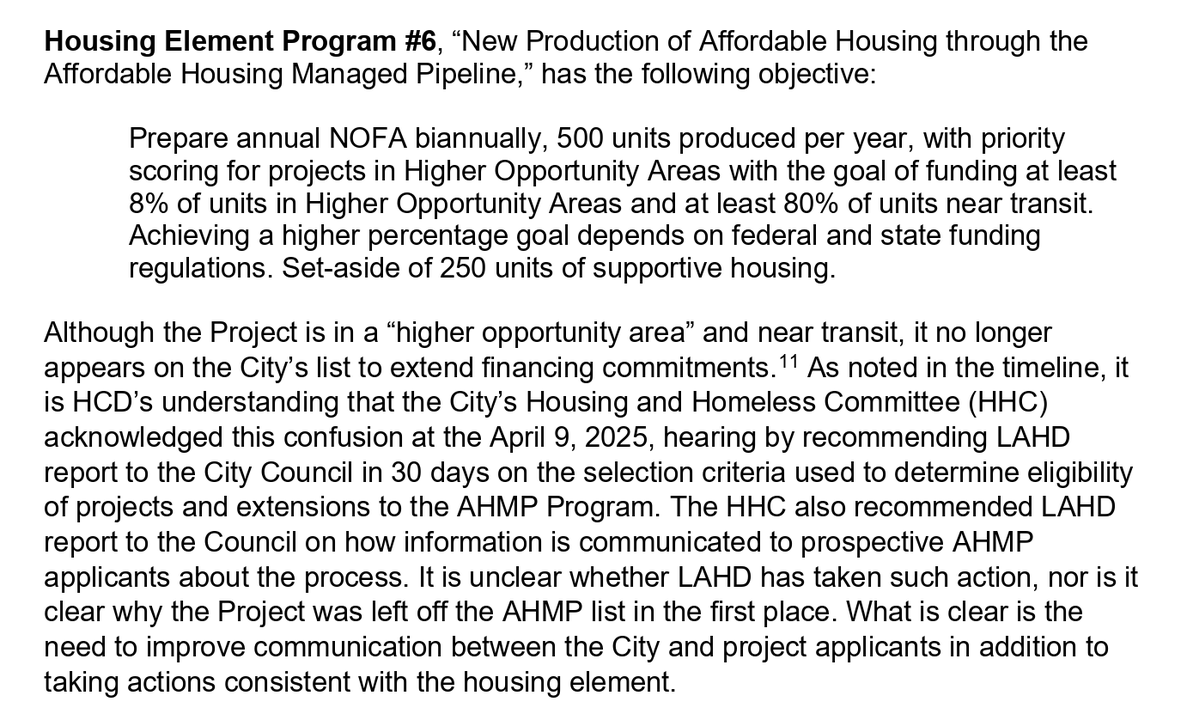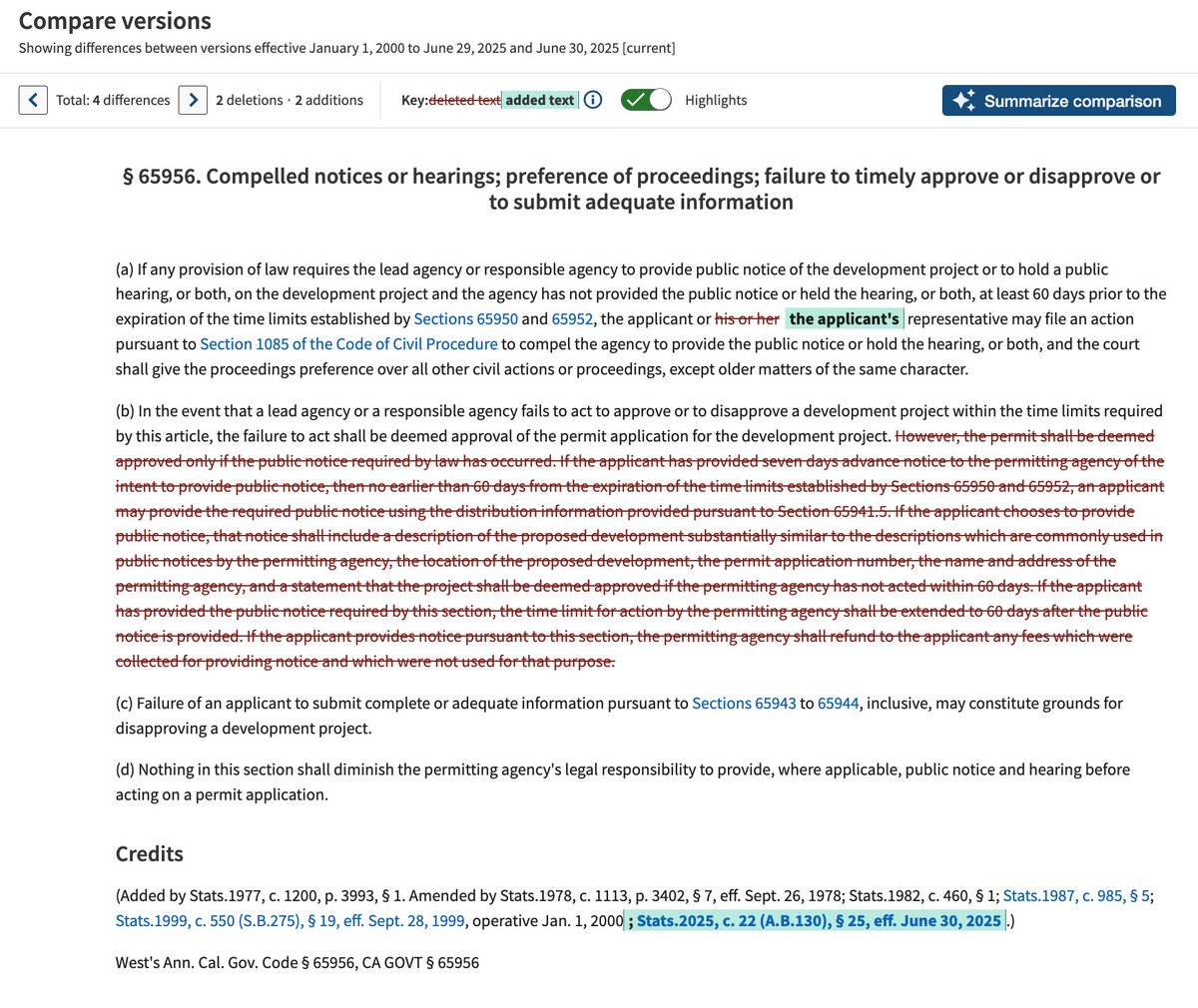New Searchlight poll validates essentially all of the takeaways from my work w/ @ClaytonNall & @stan_okl on housing "supply skepticism" in the mass public.
(They got substantively similar results using different questions on a different sample.)
1/8
(They got substantively similar results using different questions on a different sample.)
1/8
https://twitter.com/charlotteeffect/status/1969048510881247367
Point #2: Most people don't believe that a positive housing supply shock would result in lower prices. (This implied by "personal finances" item on Searchlight poll, as well as "home values.")
/3

/3


Point #4: Permitting reform is a relatively popular pro-housing policy; parking reform does relatively poorly.
/5

/5

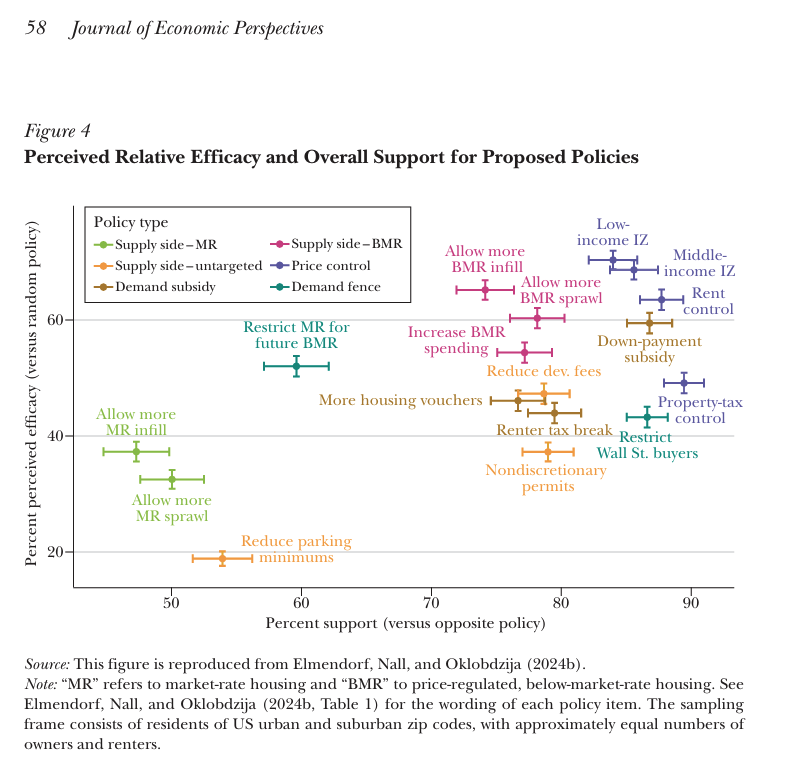
Point #5: Homeowners & renters have pretty similar housing-market beliefs and housing-policy preferences, contra the "homevoter hypothesis."
/6

/6


Point #6: Americans have weak views about housing policy.
- in Searchlight survey, this is manifested by high share of "don't know" responses
- in our work, we also show low test-retest consistency on supply-side policy prefs & large treatment effects from messaging
/7


- in Searchlight survey, this is manifested by high share of "don't know" responses
- in our work, we also show low test-retest consistency on supply-side policy prefs & large treatment effects from messaging
/7



link to writeup of Searchlight poll, toplines, and crosstabs: searchlightinstitute.org/research/what-…
link to our JEP paper, aeaweb.org/articles?id=10…
/end
link to our JEP paper, aeaweb.org/articles?id=10…
/end
@threadreaderapp unroll
• • •
Missing some Tweet in this thread? You can try to
force a refresh






